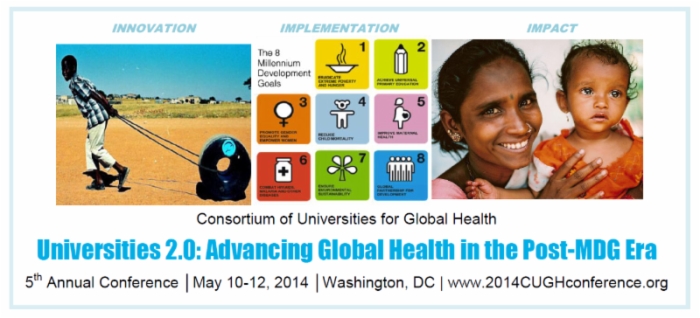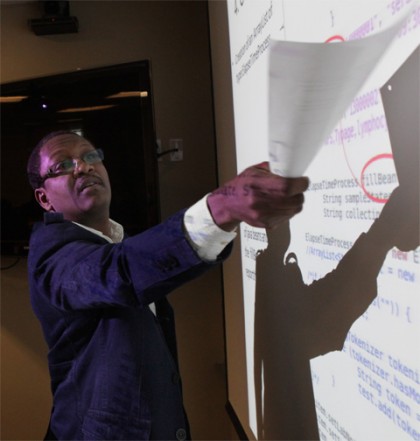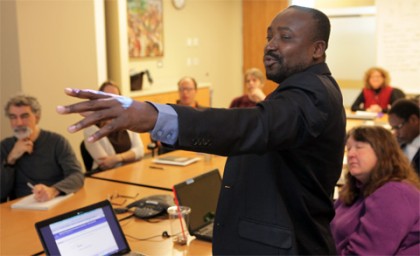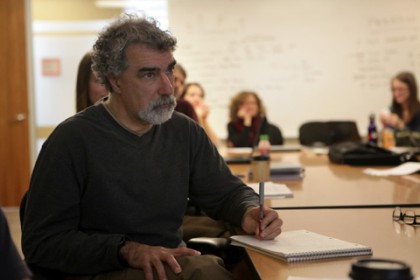SEATTLE, Sept. 30, 2014 — The International Training and Education Center for Health (I-TECH) is pleased to announce an incredible milestone: to date, more than a quarter of a million people have been trained with the support of I-TECH and its partners. This total includes:
- more than 100,000 nurses;
- nearly 29,000 physicians; and
- approximately 11,500 community-based health workers.
These health care workers are tracked using the Training System Monitoring and Reporting Tool (TrainSMART), an I-TECH-designed web-based training data collection system that allows users to accurately track data about health training programs, trainers, and trainees, to better evaluate training programs, plan new programs, and report activities to stakeholders.
“In many limited-resource countries, there aren’t enough health care workers to meet needs,” said Robert McLaughlin, Manager of Information Systems at I-TECH. “It’s critical to train new workers, and with the advent of new medicines, techniques, and technology, there is also the need for continuously updated skills and knowledge.
“Tracking which training is being offered, and where training is needed most, can be difficult,” he continued. “TrainSMART was designed as a solution to these challenges.”
TrainSMART tracks health care workers in nearly 72,000 facilities in more than 25 countries worldwide. Because TrainSMART is free, open-source software, it is appropriate for use in resource-limited settings and can be customized to meet specific needs.
For example, in 2012, at the request of the South Africa National Department of Health (NDoH), I-TECH developed a web-based application called Skills System Monitoring and Reporting Tool (SkillSMART), based on the same programming as TrainSMART. SkillSMART is now the NDoH’s database for monitoring and reporting on health care workers skills in South Africa; the database currently contains approximately 20,000 clinicians.
“I could not be more pleased to mark this quarter-million milestone,” said Dr. Ann Downer, Executive Director of I-TECH. “It’s a testament not only to the progress being made in health worker training worldwide, but also to I-TECH’s ability to create innovative and adaptable solutions to some of the most pressing health problems.”
The initial development of TrainSMART was funded by a grant administered by the U.S. Health Resources and Services Administration (HRSA) through the U.S. President’s Emergency Plan for AIDS Relief (PEPFAR).
ABOUT I-TECH
The International Training and Education Center for Health (I-TECH) is a center in the University of Washington’s Department of Global Health. I-TECH’s approximately 2,000 worldwide staff work with local ministries of health, universities, non-governmental organizations (NGOs), medical facilities, and other partners to support the development of a skilled health work force and well-organized national health delivery systems.
###



